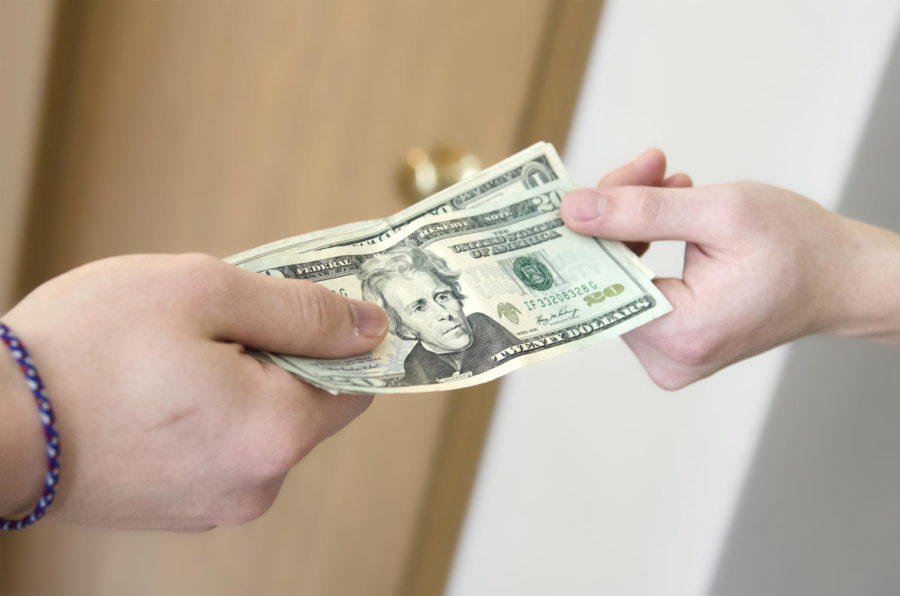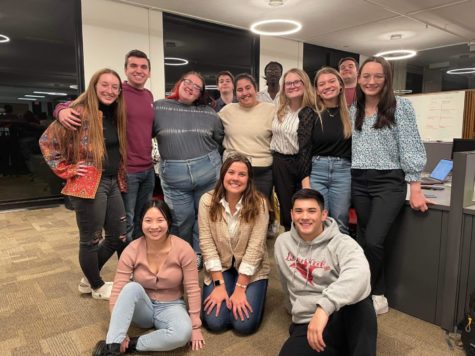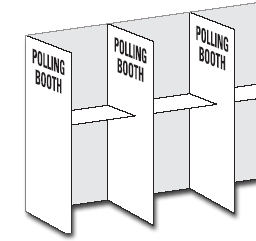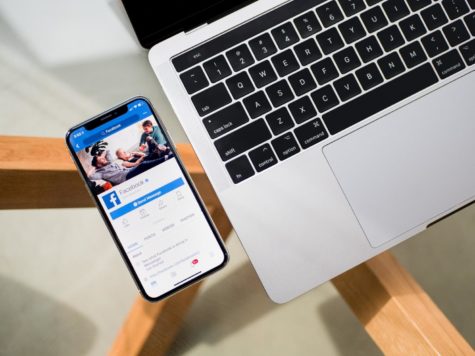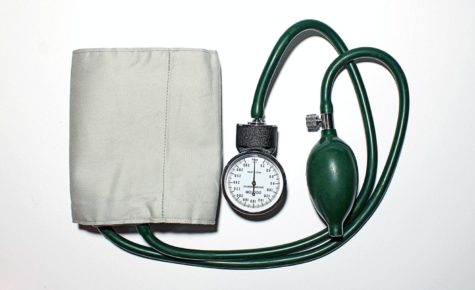Editorial: Interest spike bad news for students
Congress left for the July 4 holiday with a promise of compromise when it returns on bringing student loan rates back down. On July 1, rates doubled to 6.8 percent.
June 6, 2013
History repeats itself as once again, Congress bickers over the decision on what to do about the student loan interest spike. Last year when the issue rose, President Barack Obama and the Democratic Party were able to postpone the interest rate increase for another 12 months.
Unfortunately, those 12 months are over and once again, and an agreement must be made. Congress must reach a compromise in order to prevent an increase of loan interest to 6.8 percent — double what it has previously been.
Why isn’t Congress able to come to a quick consensus on this? As students, we instinctively think that an increase in our student loan interest is a bad thing. But that 3.4 percent increase, which could equate to nearly $1000 per student, provides funds for our federal government.
With a national government so deeply sunk in debt, it is indisputable that money has to come from somewhere. However, it should not be coming from the average college student.
Of course, some students are completely financed and supported by their parents, never having to worry about how they’ll pay their next U-Bill or how they’ll cover rent. However, these aren’t the type of students who usually take out government loans.
College students who are forced to take out student loans — over 60 percent of all students — are more fiscally risky than their parent-supported peers. These students often live paycheck to paycheck, on relatively small paychecks. So why are these the citizens from whom the government wishes to extract funds?
Research from the last four years shows that there are dozens of billion-dollar corporations in the U.S. that haven’t had to pay a single dollar in federal income tax. Many of these corporations are widely recognized groups such as Boeing or Verizon.
Businesses like these, who are known to be doing well, aren’t paying a dime in income taxes, yet Congress considers whether or not they should pull more money from already indebted students.
Morality aside, there is so much more money to be acquired from these huge corporations than from individual students taking out loans of $1 thousand or $2 thousand. Even though as a nation, we are recovering from some tough economic times, there are plenty of corporations out there that continue to thrive.
For now, we can only hope that Congress halts the interest spike yet again. However, it seems a futile gesture in the long run to simply delay the increase over and over again.
As students, we neither deserve nor are able to carry the burden that Congress wishes to put on us with the 3.4 percent increase. It seems that a rearrangement is necessary in federal funding. The dozens of untaxed corporations could take a heavy weight both off of our national debt and the shoulders of individual students if, in the future, they are at least equal contributors.

